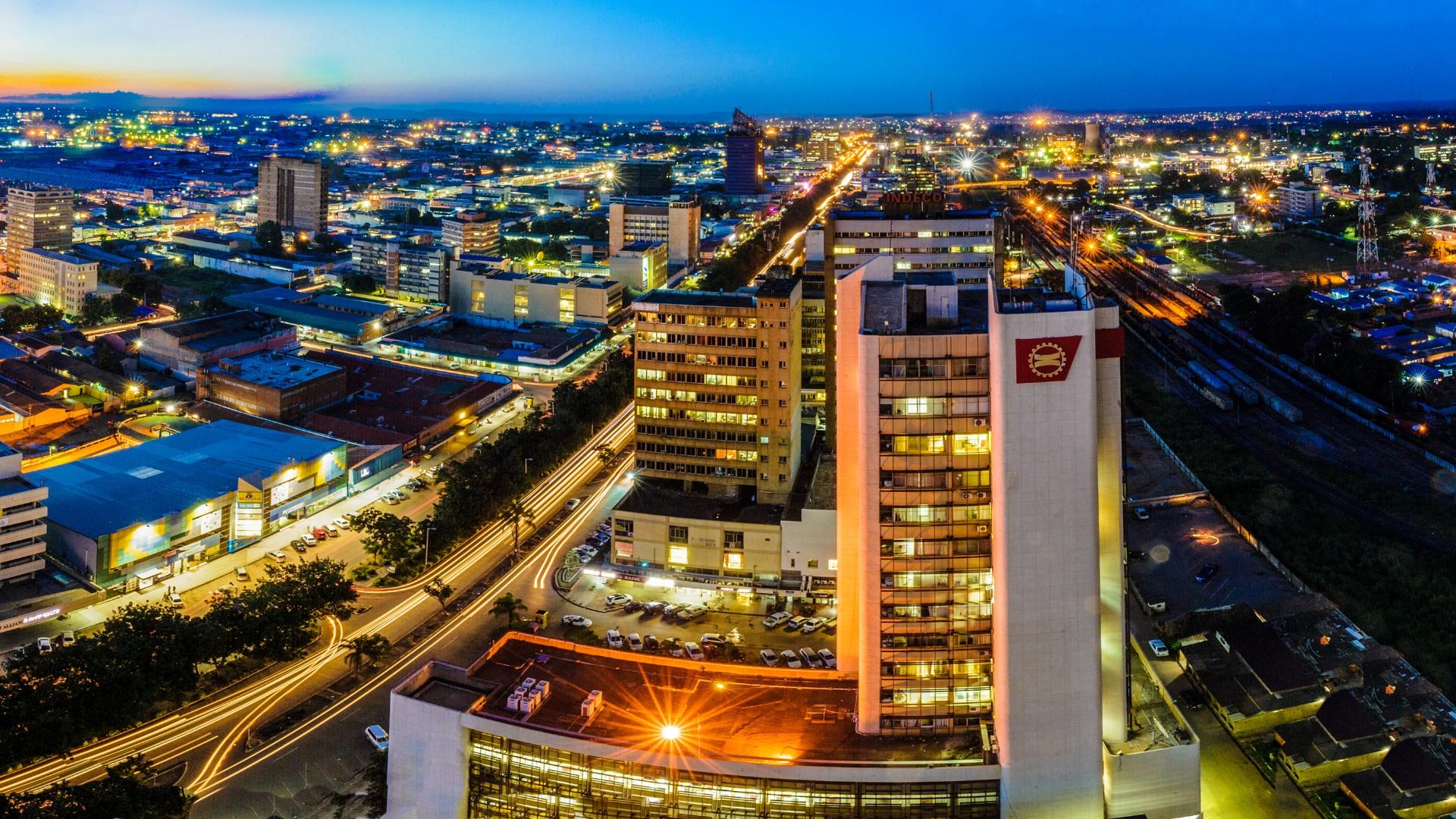All you should know about the African Continental Free Trade Agreement in 5 Paragraphs
Date Posted: 2020-06-28 21:37:08

The African Continental Free Trade Agreement (AfCFTA) is a trade agreement aimed at boosting intra-Africa trade by making Africa a single market of 1.2 billion people with a cumulative gross domestic product of more than $3.4 trillion. The United Nations Economic Commission for Africa (UNECA) estimates that the implementation of the agreement could increase intra-African trade by 52% by 2022 and double the share of intra-African trade by the start of the next decade.
The African Continental Free Trade Agreement (AfCFTA) was introduced in March 2018. It was signed in Kigali, Rwanda, on 21st March 2018. As of July 2019, 54 states have signed the agreement, Ratification by 22 countries was required for the AfCFTA to enter into force and for the African Continental Free Trade Area to become effective.
The African Continental Free Trade Area is a free trade area, outlined in the African Continental Free Trade Agreement. Its objective is to create a single continental market for goods and services, with free movement of business persons and investments, and thus pave the way for accelerating the establishment of the Continental Customs Union and the African customs union. Also, it is aimed at expanding intra-African trade through better harmonization and coordination of trade liberalization and facilitation regimes and instruments across RECs and across Africa in general. The free-trade area is the largest in the world in terms of participating countries since the formation of the World Trade Organization.
The African Continental Free Trade Agreement (AfCFTA) came into force officially on 30th May 2019. Outstanding issues like the trade concession agreements and rules of origin remain under negotiation. On 7 July 2019, at a summit in Niger, the AfCFTA entered its operational phase.
The AfCFTA provides a framework for trade liberalization in goods and services and is expected to subsequently cover all African countries.
Similar Blog Posts

Cashew is one of Africa’s most valuable export crops, yet many people (especially new traders) don’t fully understan

Africa is fast becoming a global agricultural powerhouse. With a combination of favorable climate, expanding investment,

Market access is one of the most significant barriers in the agricultural sector today, especially across many regions i